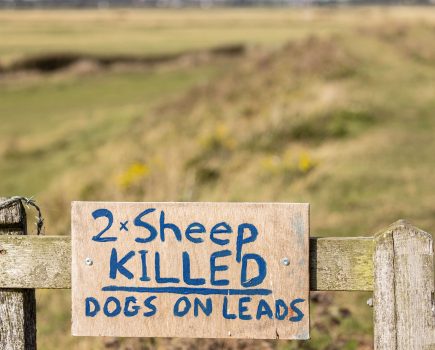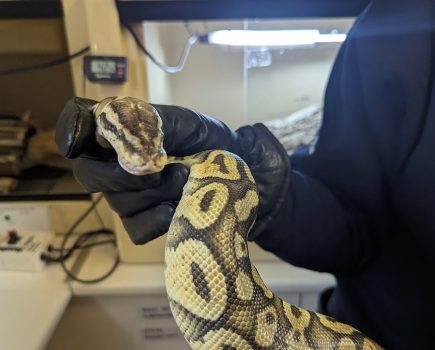How can you widen your resilient reach beyond the veg garden? Kim Stoddart explains how native planting ‘off piste’ will help to entice those vital pollinators back onto your patch
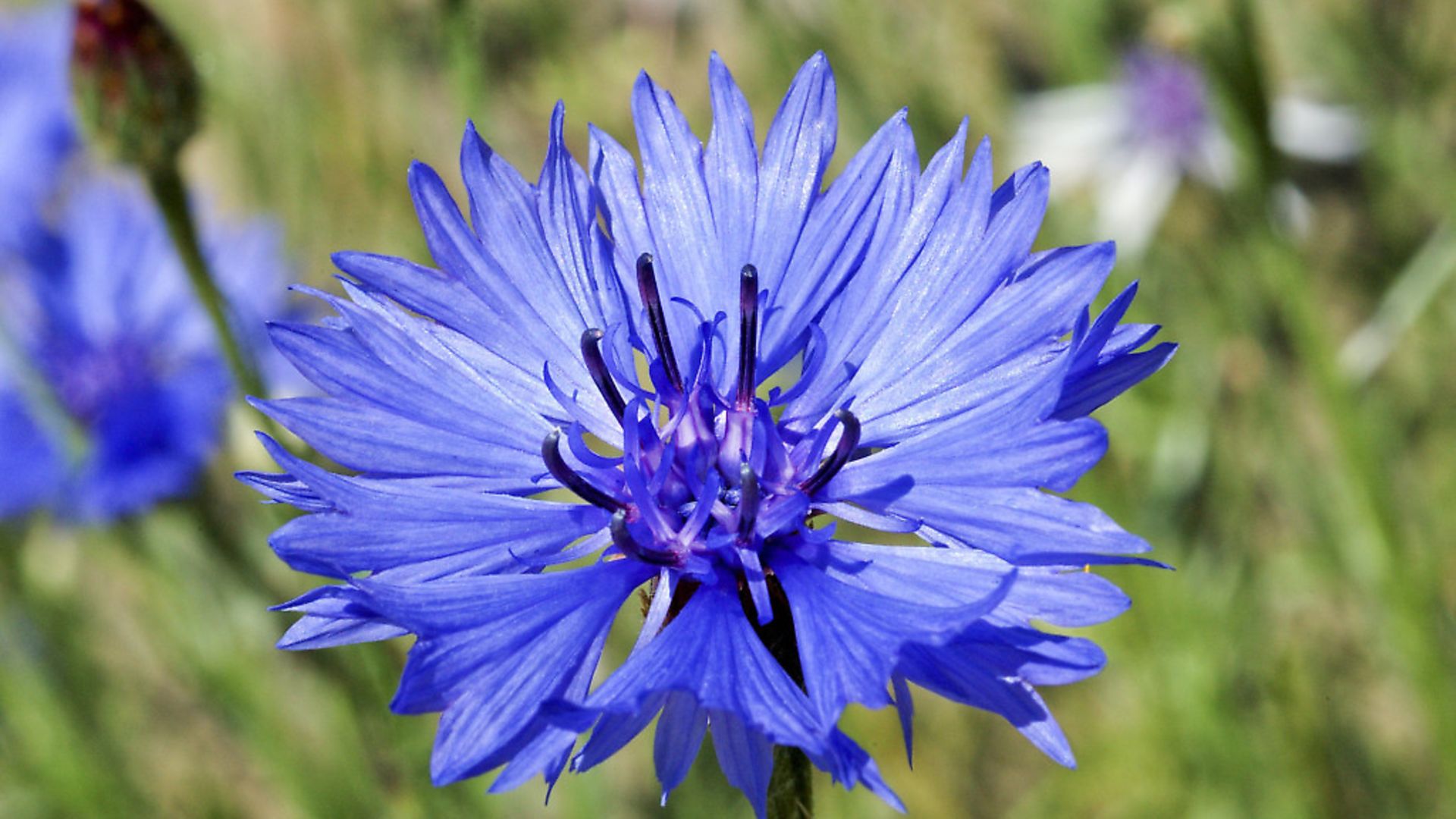
A few people have said to me how tricky they have found attracting pollinators like bees onto their veg patch this year, which is worrying given how essential these creatures are when it comes to ensuring viable crops of beans, squash, tomatoes and the like.
The topsy-turvy weather hasn’t helped matters, yet it is easy to attract and keep these beneficial creatures hanging about on your plot. While our fruit and veg flowers provide attraction during the growing season, it can be tricky drawing bees in if there is nothing on which they can feed for the remainder of the year. The key is to grow a wider range of plants nearby, offering near year-round pollen and nectar.
Yet again biodiversity is key, plus it is easy to weave in lots of native planting, such as wildflowers, around a smallholding. Even better, doing so has wider benefits all round, especially considering that the UK has lost 97% of its native wildflower meadows since the 1930s (Country Smallholding, July 2019, Sowing a Wildflower Meadow). So, by turning over corners of the garden and some wider land to wilder planting, you can provide an attractive home to bees, butterflies and birds to the benefit of your produce, plus you are doing your bit to counter such a shocking environmental decline.
So how do you go about growing a little wilder?
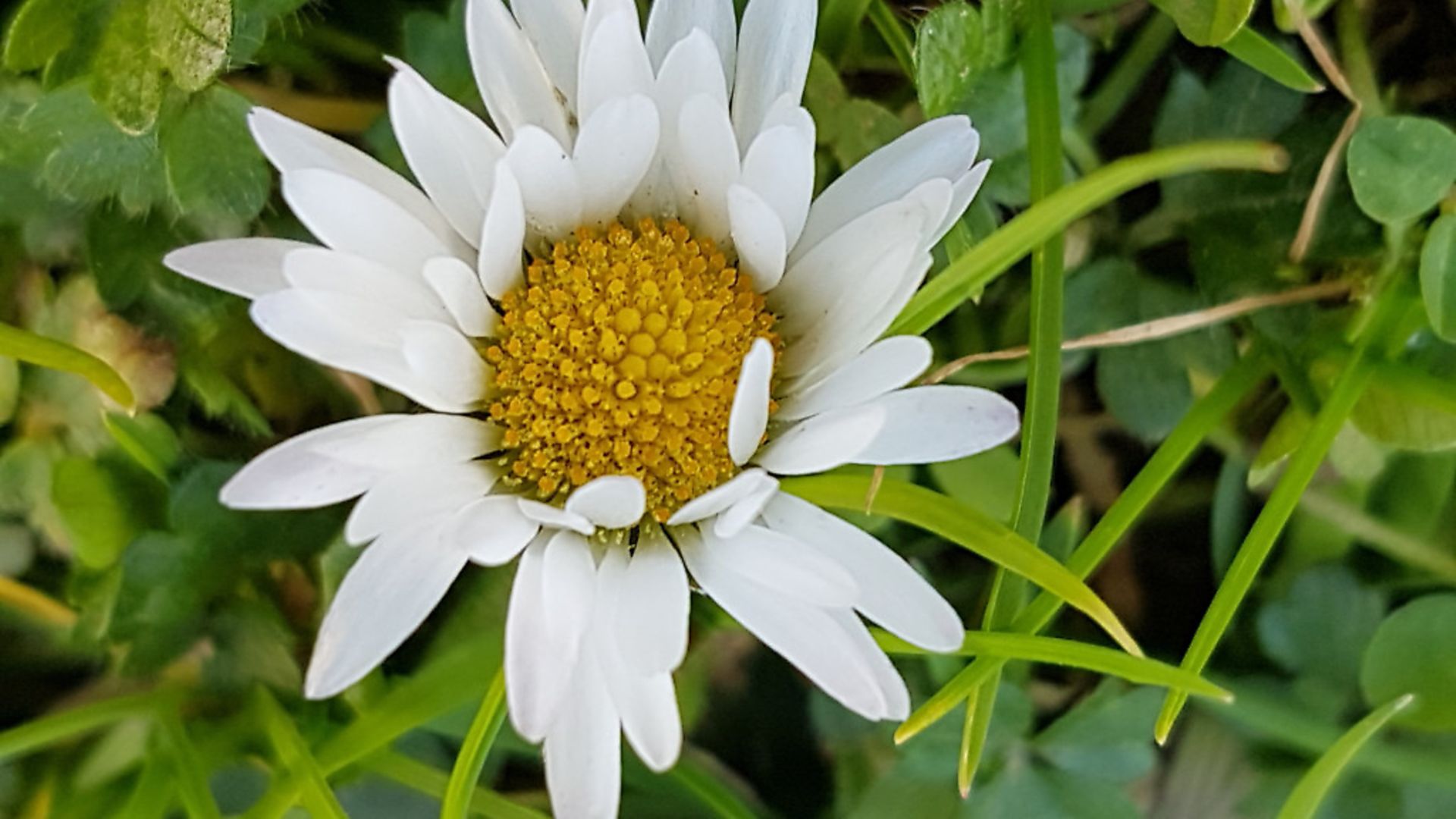
Sow wild flowers
Even a small corner of a field or the back of your garden will make a positive difference. The perennials are the lowest maintenance as they will come back year after year once established. These include pink campion, knapweed, daisies and buttercups. Annuals, such as cornflowers, poppies and corn chamomile, can be sown in bare soil in autumn and, if allowed to self seed, may spread.
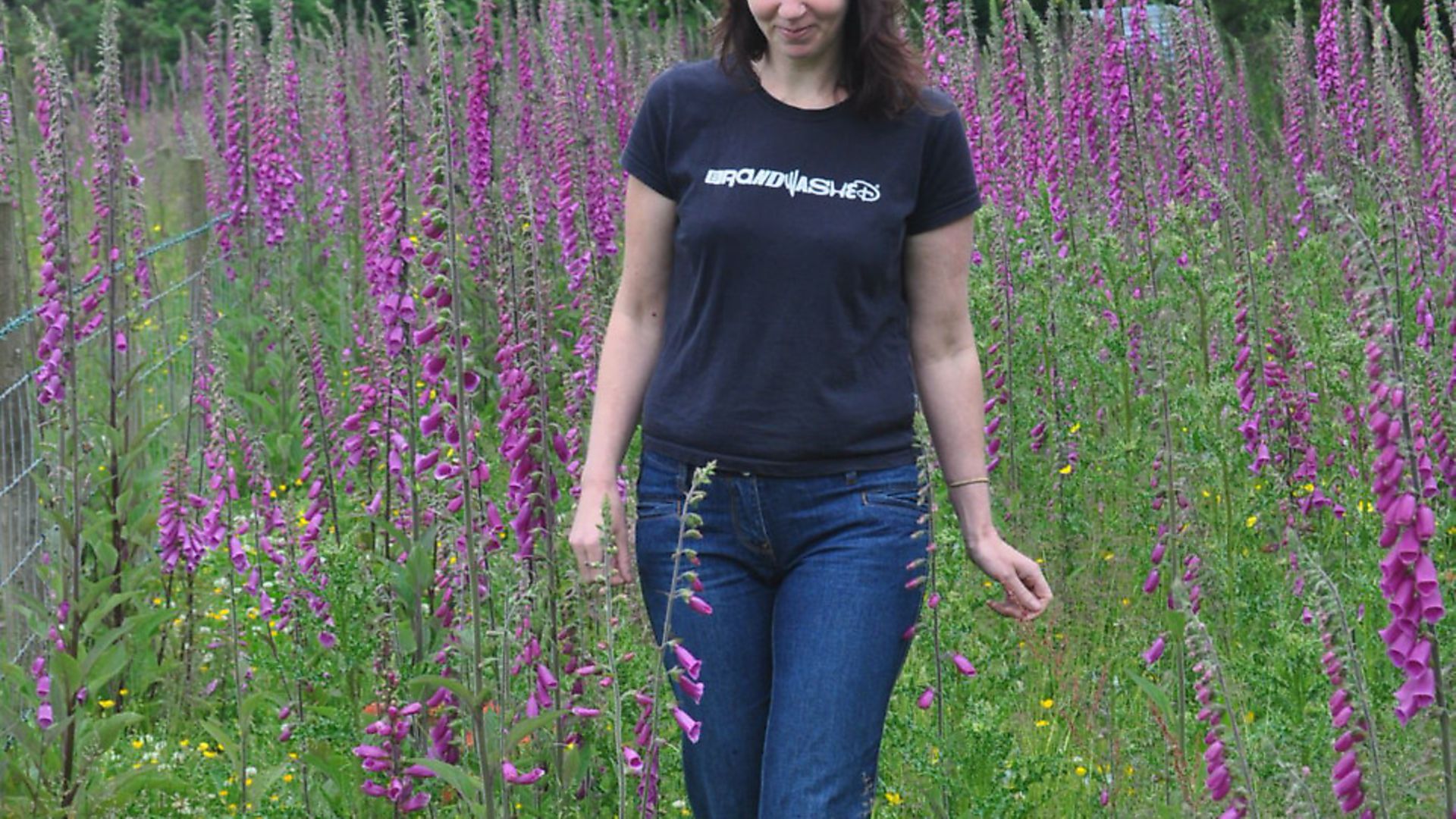
Wildflower meadow
Yellow rattle can be grown in fields to help reduce the fertility, the opposite, in other words, of what any farming neighbours in your vicinity will be doing. Expect a few funny looks as you allow nature to move in (which it will do with gusto) alongside local wildflowers after just a few seasons.
Longer lawn
There are many reasons why a short lawn, closely chopped to the ground, is looking less desirable from a climate change perspective. In a heatwave, longer grass affords greater protection as it keeps more moisture in and it can recover more quickly from a period of drought. It can also handle greater volumes of rain. Early in the season, dandelions and daisies that will grow readily also provide a valuable food source for emerging bees, so while you don’t want them (the dandelions) spreading all over your vegetable patch, they do have a valuable service to offer.
Attractive habitats
It is not just honey bees who pollinate plants. The many different varieties of bumble bee (and solitary bee), of which there are more than 250 species in the UK, also do so well. In fact, some researchers believe that they are better at this job than their honey-making cousins. These are also the species that we can encourage to live and stay directly on our land so that they are there when we need them most during the summer months to pollinate our plants.
Leaving some dead wood on trees and plant stems in situ come autumn will provide shelter over the winter. Equally, not turning a compost pile will help as some bees like to bury themselves in bare soil such as this. These are all simple but effective methods. You can also create or buy in a bee hotel, but opinions vary as to their effectiveness. I personally just use the natural options outlined above and my garden is fit to bursting with many different varieties of bee, many of which I haven’t yet managed to identify.
Further planting
To help provide winter flowering (and food) for bees, hellebores, heathers, gorse, mahonia, honeysuckle and rhododendron are also useful additions to any plot. The more the merrier when it comes to planting.
Kim Stoddart teaches polytunnel growing and get-climate-change-smart gardening courses from her smallholding in West Wales. Visit www.greenrocketcourses.com; tel: 07796 677178
Image(s) provided by:
Archant
Archant
Archant



